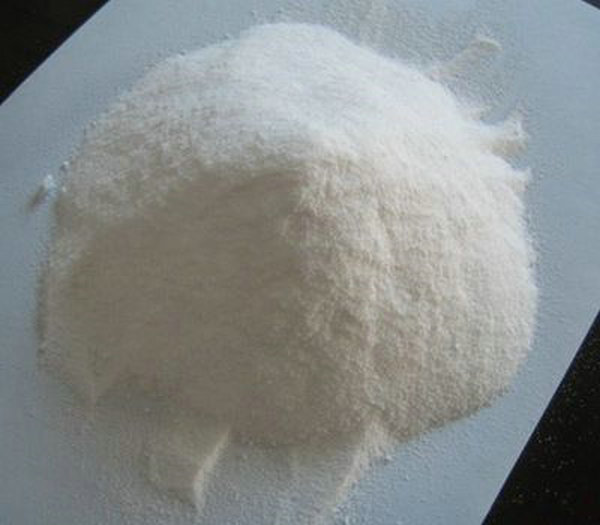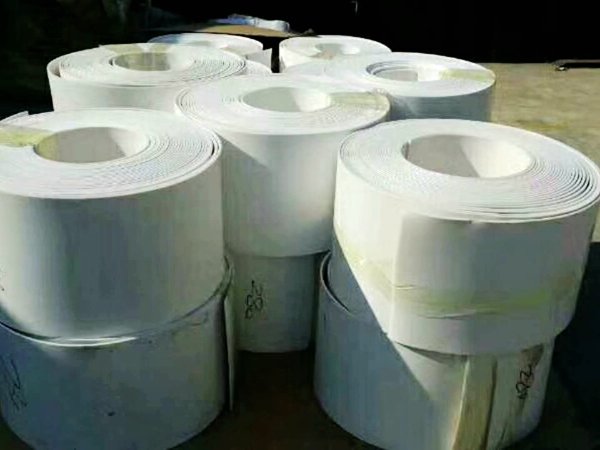
YDTech® manufacturer of PTFE shims,spacers, rings and powders ! supplier of teflon stampings, jointings,seals, sheets and films in china!
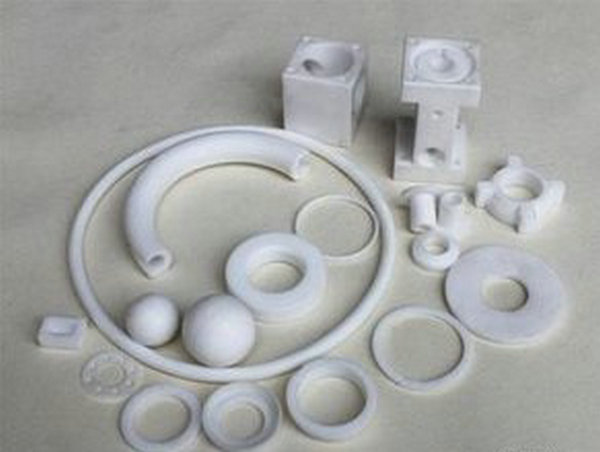
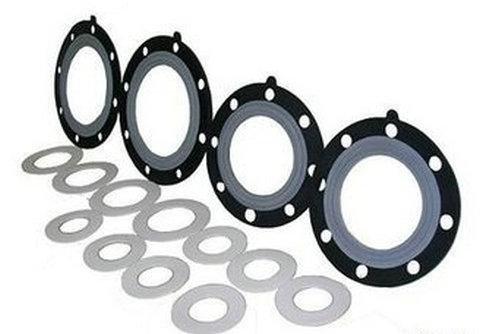
polytetrafluoroethylene gaskets are the ideal choice for highly corrosive environments which do not include beer or wine. the polytetrafluoroethylene is a versatile material, similar to Teflon, with a broad range of resistivity to chemicals and temperatures, and virtually no extractables. polytetrafluoroethylene is a plastic, however, and is subject to creep and cold flow. polytetrafluoroethylene gaskets should be used almost exclusively with high pressure clamps and are not recommended where large temperature variations occur.
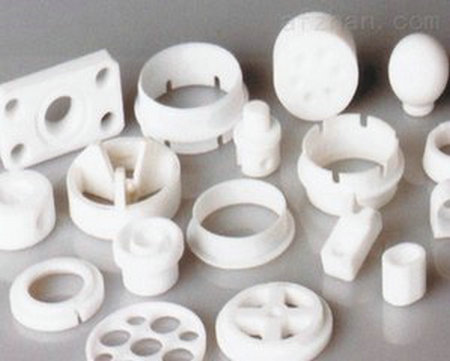
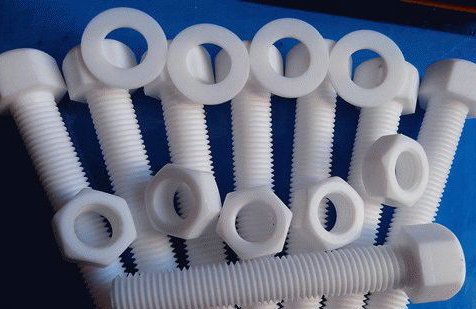
polytetrafluoroethylene possesses very low frictional properties, which is expressed as frictional coefficient. this measurement is relative and differs according to the materials brought into contact to generate or simulate friction. In terms of plastics, friction is usually observed against polished steel. to put the low friction coefficient of polytetrafluoroethylene into proper perspective, it is the only known synthetic surface material to which the toe pads of a gecko fail to stick. this quality makes it suitable for manufacturing parts that need to resist friction, such as gears and ball bearings.
the polytetrafluoroethylene film is also widely used in the production of carbon fiber composites as well as fiberglass composites, notably in the aerospace industry. polytetrafluoroethylene film is used as a barrier between the carbon or fiberglass part being built, and breather and bagging materials used to incapsulate the bondment when debulking and when curing the composite, usually in an autoclave.
the exceptional insulating properties of this material made its use in electronic components ideal. for one thing, the polytetrafluoroethylene is non-conductive, making it resistant to high electric fields. It is also highly resistant to water, heat, and chemical corrosion. In fact, it continues to be used to produce laboratory equipment and accessories that come into contact with hydrofluoric acid, which would otherwise dissolve other materials, even glass.
- home
- products
- contact
- equipments
- cylindrical roller
- needle rollers
- standard sizes or stocks
- G2G3G5
- bearing steel
- chrome steel
- steel 304
- steel 440C
- ceramic rollers
- Si3N4 rollers
- ZrO2 rollers
- NRB flat ended
- NRA round end
- logarithmic profile crowned
- different ends
- special shape
- hardened rollers
- dowel pins
- miniature shafts
- short rollers
- grooved pins
- capillary tubes
